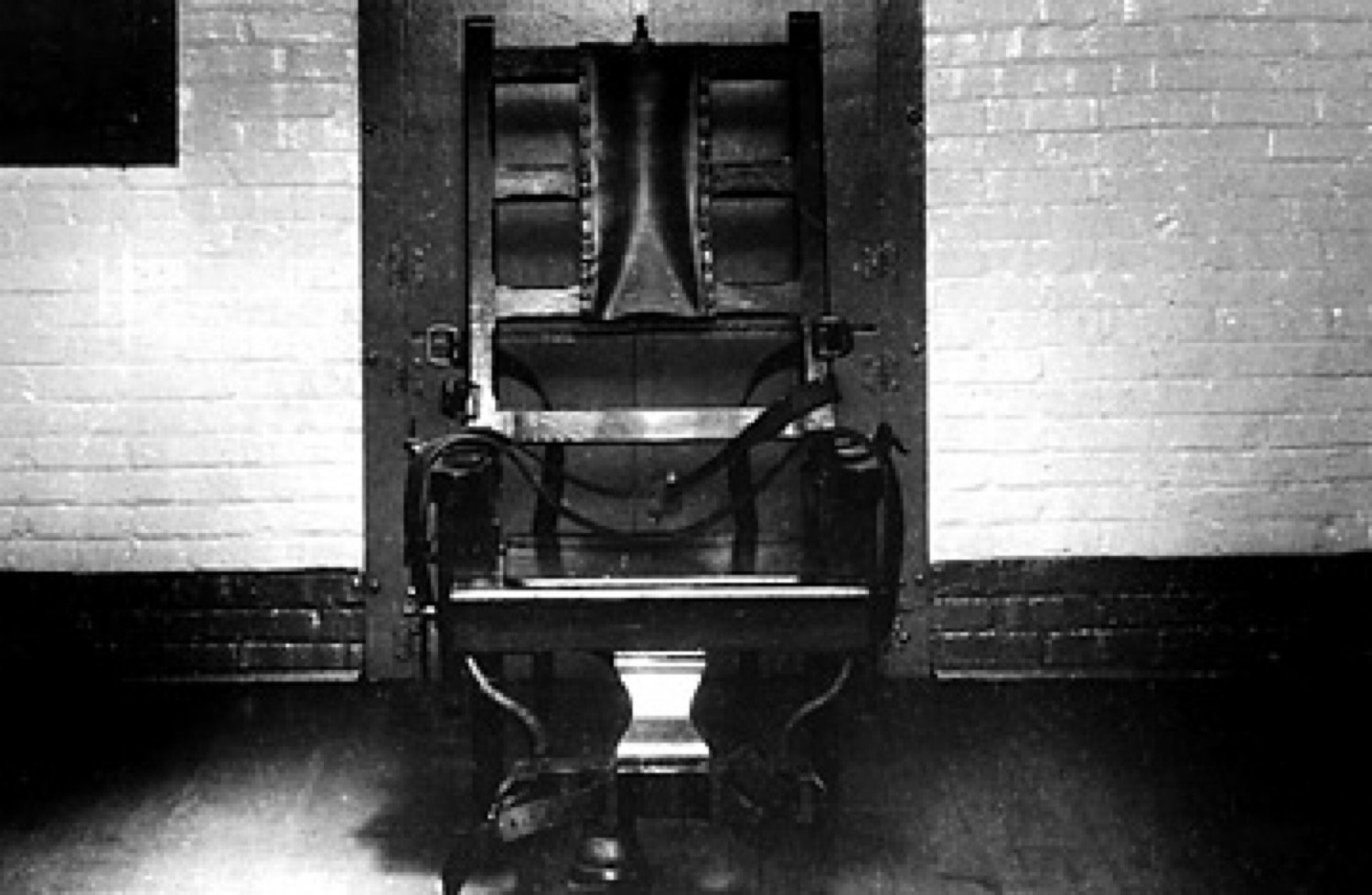Readings for today: Numbers 33-36
I worked for two years at New Jersey State Prison as a volunteer chaplain. NJSP is where the state of New Jersey sends the worst of the worst. Murderers. Violent criminals. Sex offenders. Gang leaders. Mafia dons. It is also where they used to house death row. I was never allowed into death row but I remember vividly standing outside the door and looking in through the window. It was a sterile environment and the men there were cut off from the general prison population. Most death row inmates are excluded from any kind of educational or employment programming and visitation is extremely limited. They can also spend up to 23 hours each day in their cells which essentially amounts to years of solitary confinement. New Jersey abolished the death penalty in 2007, five years after I left. But from 1690 to 1963, they executed 361 people.
The death penalty is a thorny subject for Christians. In theory, it does have biblical support drawn mainly from passages like the one we read today in Numbers 35. A careful reading of the passage reveals many fascinating details. Cities of refuge. Premeditated murder vs. accidental death. Avengers of blood. Congregational trials. Evidence. Witnesses. Motives. Methods. It’s a very specific passage that actually places limits on vengeance in a way that would have been striking to other ancient near east cultures. It employs the principle of lex talionis or “an eye for an eye and a tooth for a tooth.” Proportional justice. It keeps generational vendettas from forming between families and clans and tribes.
Those who support the contemporary use of the death penalty on biblical grounds need to wrestle with the boundaries this passage sets. Provision must be made for the safety of the murderer while he/she awaits trial. Motive must be carefully discerned and the accuser is the one to carry out the sentence. If there is no premeditation then the congregation is allowed to judge and show mercy by assigning the person to a city of refuge for a certain duration. (Lifetime of the current high priest.) There must be more than one witness to the crime. And you cannot tolerate murder in the land lest it become ritually polluted.
Obviously, it’s quite the challenge to apply ancient near east law codes in a 21st century context. Layer in the well-documented class issues we have in our legal system - statistically ethnic minorities and the poor are FAR more likely to be convicted and/or serve longer sentences - as well as the frequency with which our justice system convicts the wrong person (DNA evidence has been a game-changer here) and one can see why many would argue we should abolish the death penalty altogether. Furthermore, it seems Jesus accuses all of us being guilty of murder in His words from the Sermon on the Mount, “You have heard that it was said to those of old, 'You shall not murder; and whoever murders will be liable to judgment.' But I say to you that everyone who is angry with his brother will be liable to judgment; whoever insults his brother will be liable to the council; and whoever says, 'You fool!' will be liable to the hell of fire.” (Matt. 5:21-22)
So what do we do? We must carefully and prayerfully consider our position on the death penalty. We must ask if it is just, not in abstraction but in concrete practice. We must make sure the actions we take are just, the process transparent, and if there is even a hint of incompetence or injustice in the way we prosecute then we must forbear. Furthermore, we have to come to grips with the gravity of our actions. Executing another human being is deeply significant. The shedding of blood is not something to take lightly. Unjust killing pollutes the land in which we dwell. Furthermore, to take the life of another human being before they accept Christ as Lord and Savior consigns them to an eternity in hell. All these factors must weigh heavily on us as we wrestle with this issue and think about public policy in our society.
Readings for tomorrow: Deuteronomy 1-3
